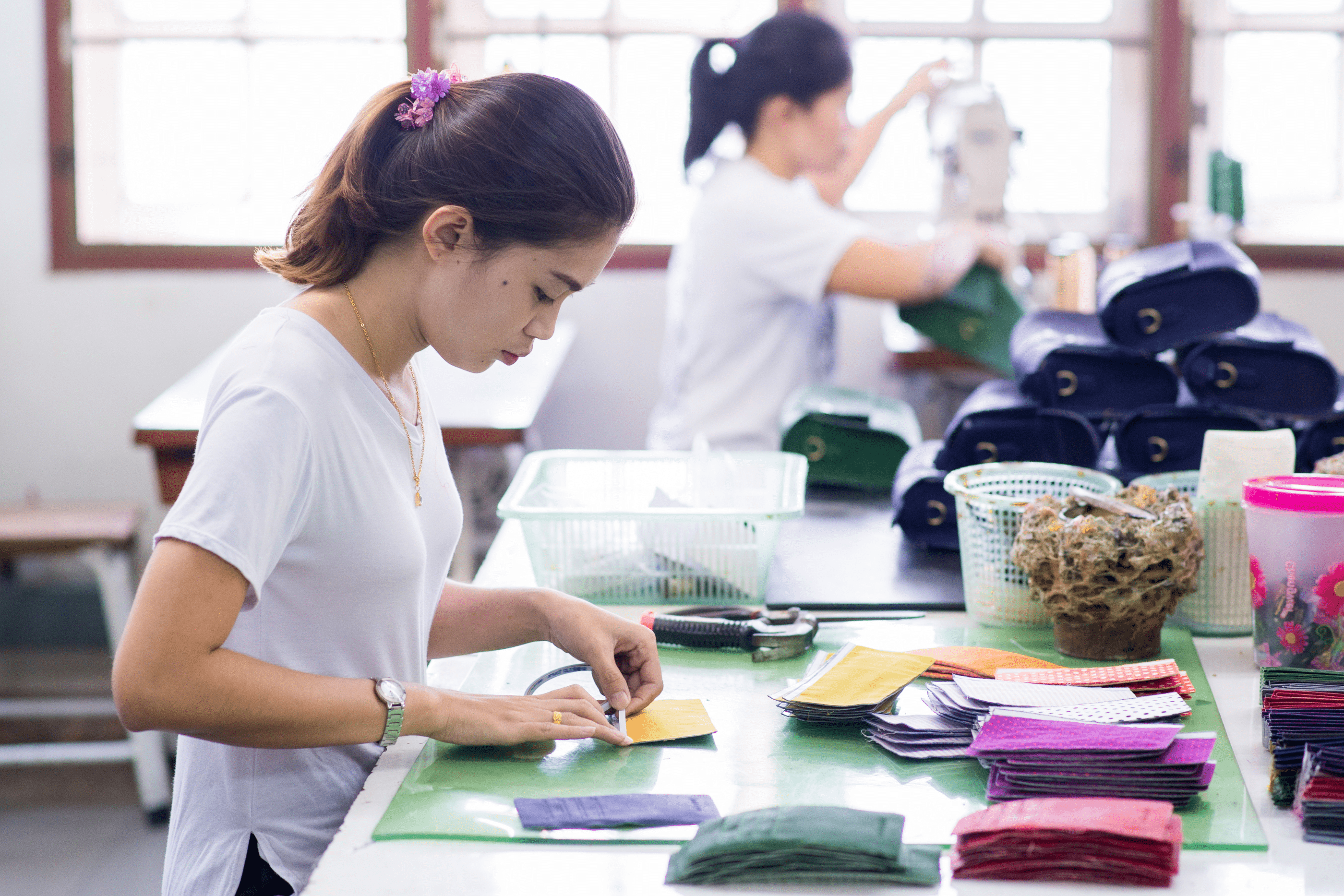Much of our story starts with the human rights work led by the United Nations. It’s a big reason why Sapahn exists, and a driving force for how we run our business. We’re proud to implement the United Nations Guiding Principles on Business and Human Rights into our model. Here’s how we do it.
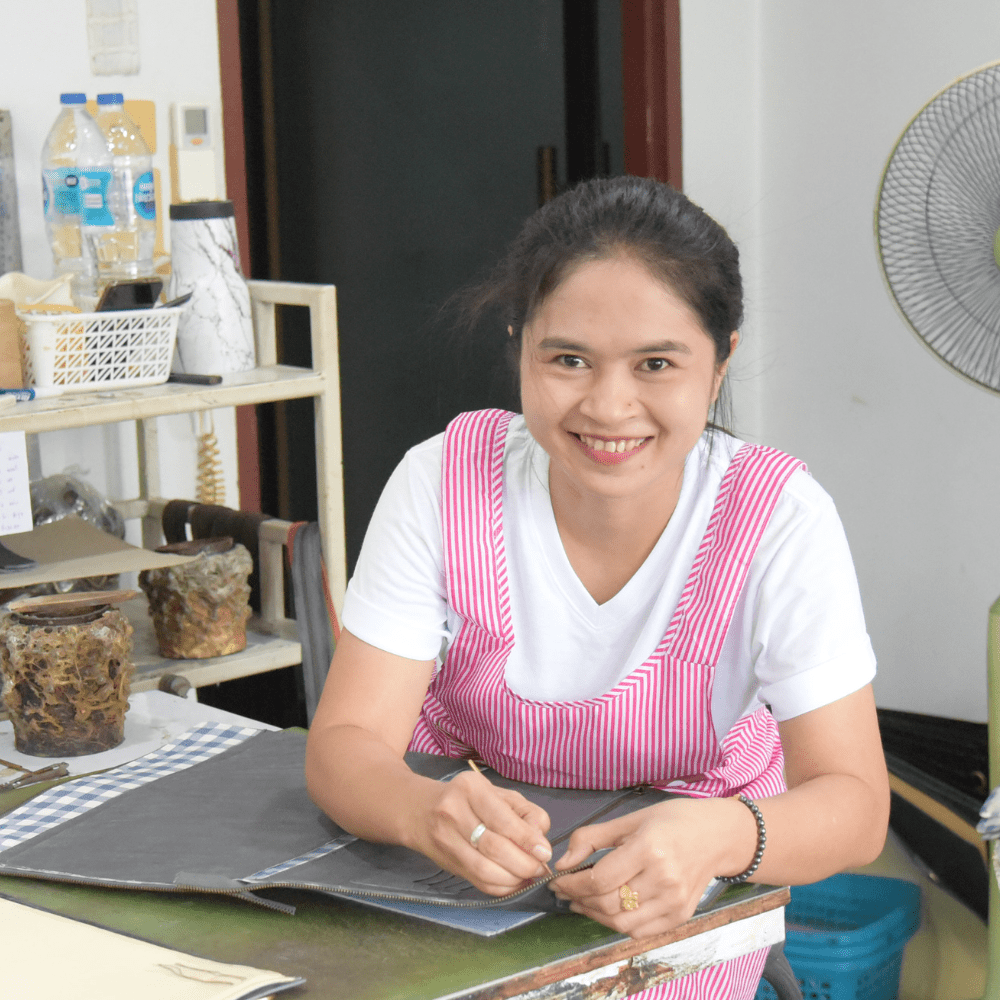
FAIR WAGES
Our artisans are empowered to set their own wages for their creations, because they know best what their costs and needs are. We want them to ensure their business is sustainable, and the power should lie in their hands. In many cases, we pay double, triple, or even quadruple the amount asked by our artisans so that we can fully compensate them for their time, effort, and cost of materials.
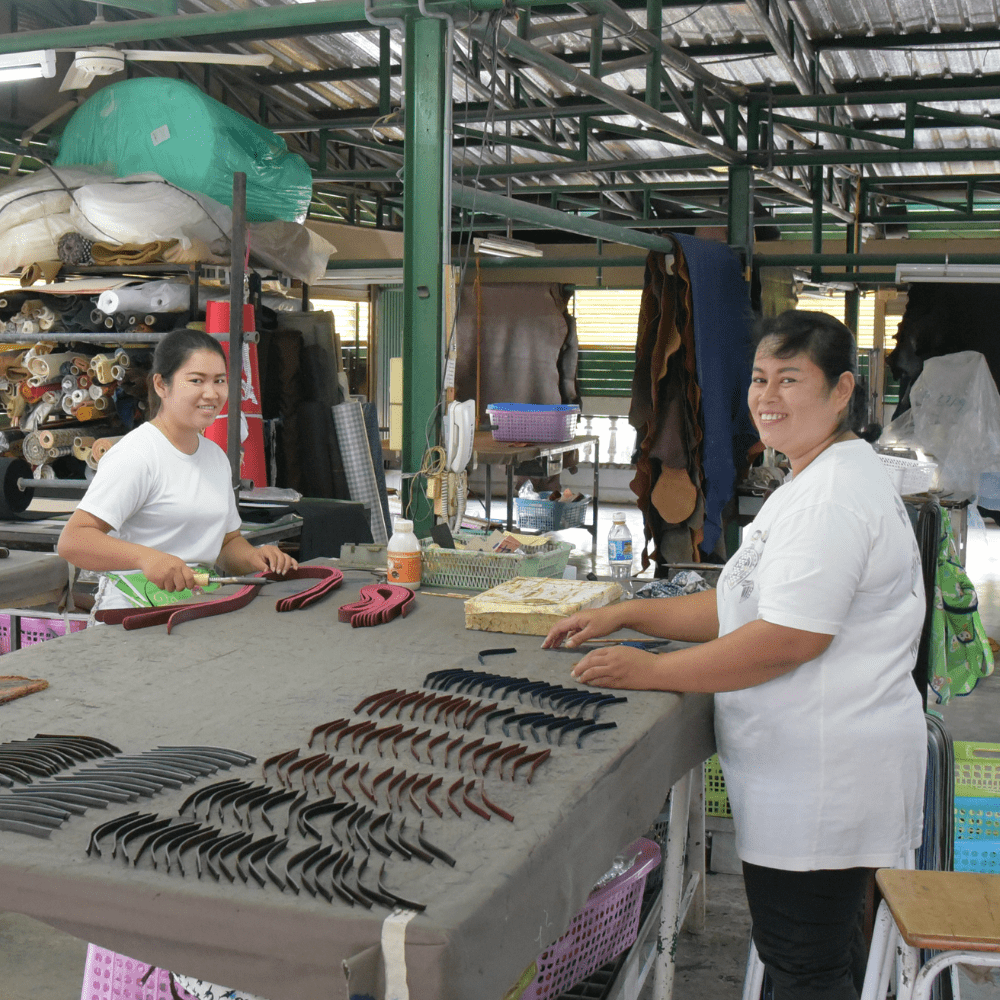
FAIR PAYMENT TERMS
All people do their best work when they feel secure in their pay. Regardless of whether we sell a single product, we believe our artisans should be paid fairly. Instead of returning a percentage of profits to the artisans, we pay them in full for the products they create. Further, we offer to pay artisans 50% of the total order when they begin creating our order and the remaining half when the order is delivered. This helps ensure artisans can pay for supplies, labor, and other expenses instead of waiting until the full order is completed.
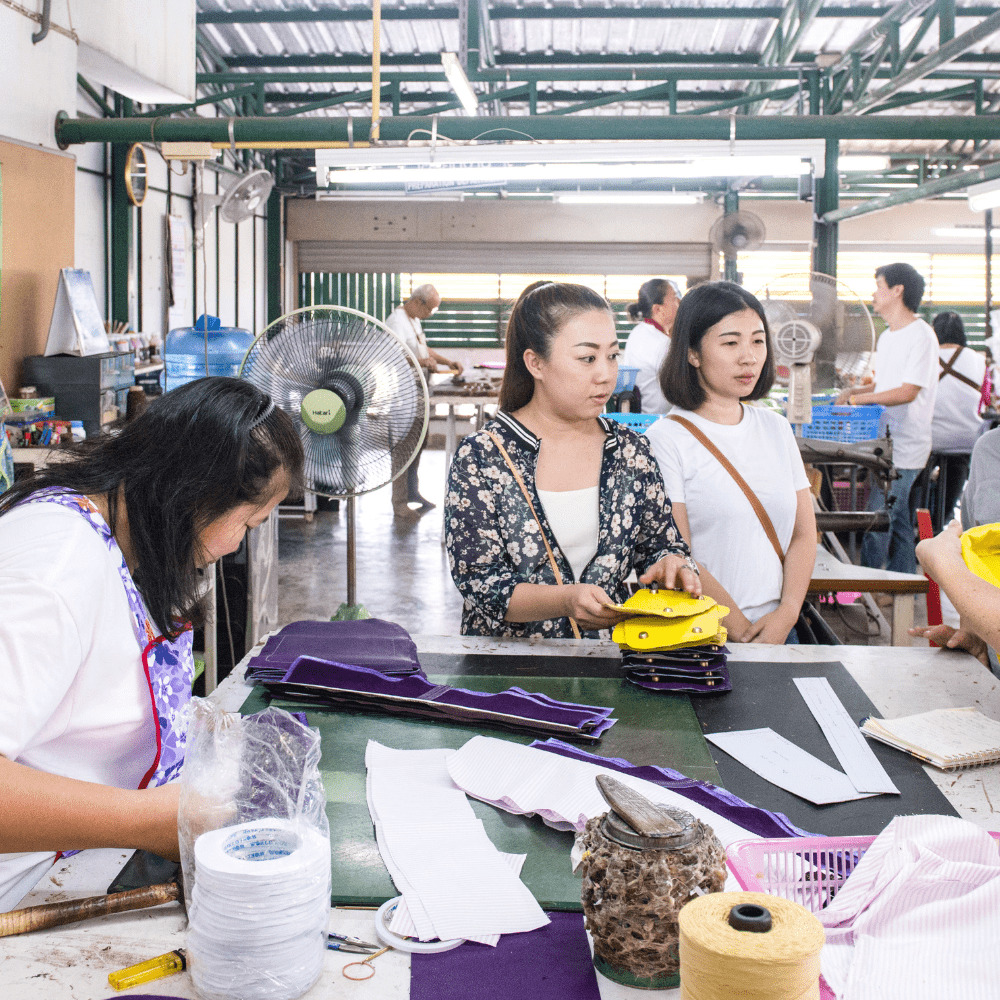
COLLECTIVE ORGANIZING & BARGAINING
Our artisan communities are not organized into formal collectives or unions. But we recognize the importance of organizing and bargaining. We work to facilitate this by consistently checking in with our artisans and workers, and by continuously monitoring to ensure that our protocols and processes remain acceptable. We collaborate and design directly with artisan leaders who know the talents and strengths of our artisan communities. This helps us learn and respect their wants, goals, and desires for empowerment.
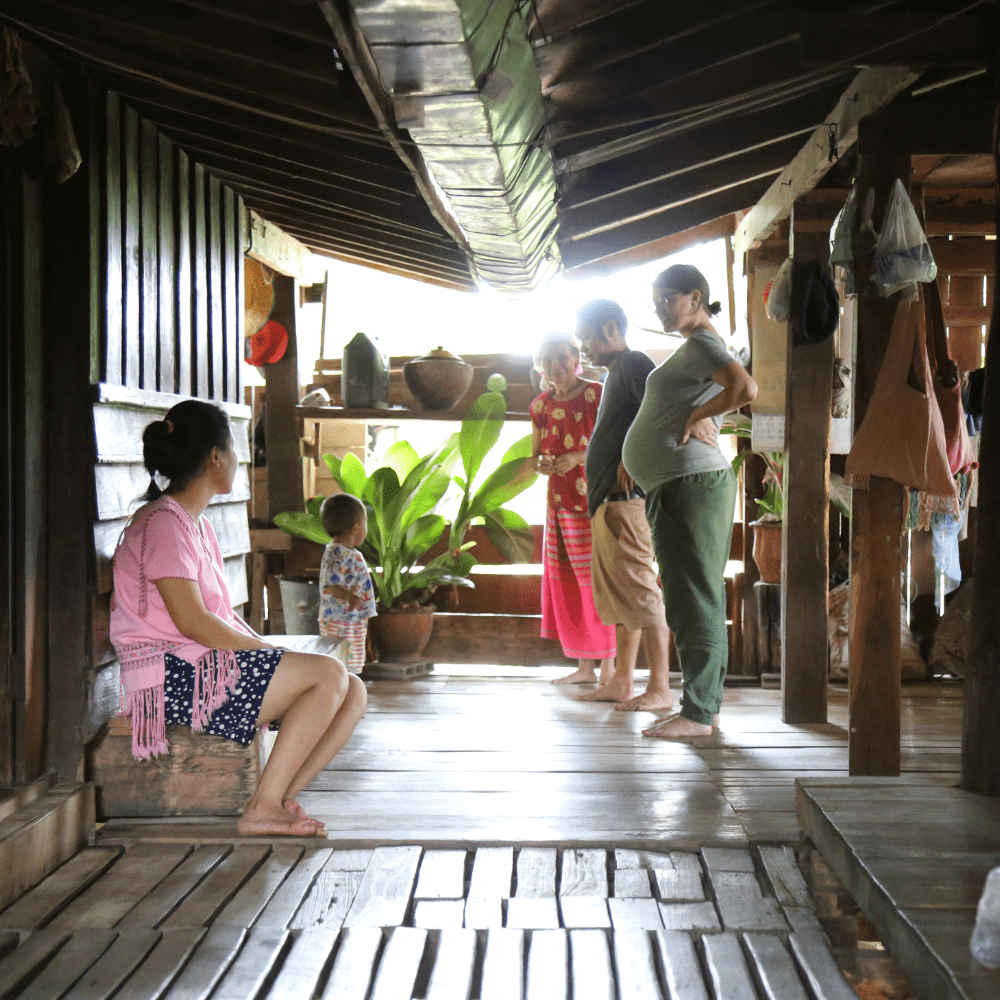
GENDER EQUALITY & THE RIGHT TO WORK
Often, traditional gender roles create challenges for women who want to earn a wage. Many female artisans are also expected to fulfill the entire breadth of household and family chores — a dual burden that can create significant strains and result in quitting or dismissal. Sapahn works with our lead artisans to make accommodations such as flexible work hours, at-home looms, and excusable absences. Whether it’s a mother needing time off or a woman at risk from domestic abuse, we don’t view our workers as charity cases. We seize opportunities to step up and create the conditions for women to realize their human right to work.
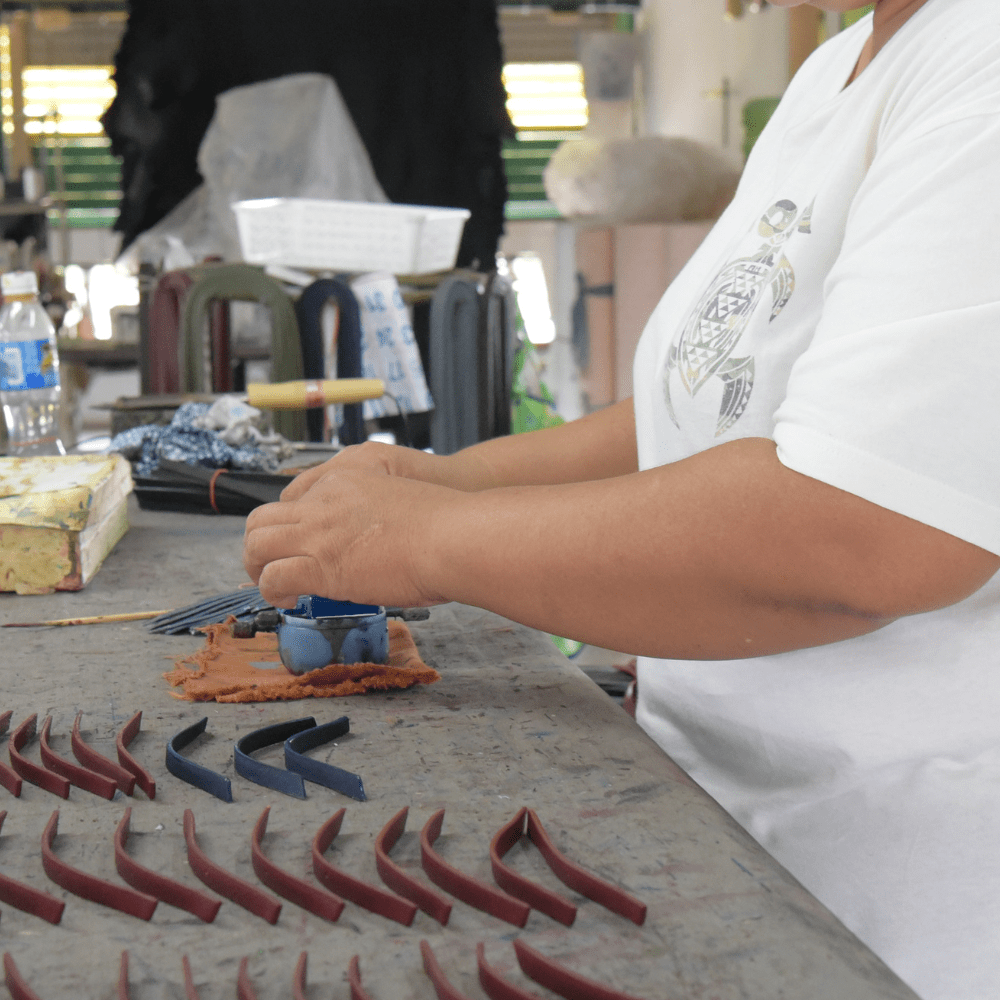
HUMAN TRAFFICKING
During her internship with the United Nations Inter-Agency Project on Human Trafficking (UNIAP), Sapahn Founder Brooke Mullen met amazing, resilient people who traveled vast distances to work difficult, dangerous jobs. In these circumstances, workers often fall victim to human traffickers. Because Sapahn operates in communities where such vulnerabilities are an unfortunate reality, we recognize the importance of offering wages and conditions that are attractive to the local workforce. Creating more desirable jobs in these locales can accomplish anti-trafficking goals that a donation never could.

THE RIGHT TO CULTURE
Our artisans, both Thai and ethnic minorities, take their traditions and culture seriously. We constantly strive to find ways to integrate culture into designs as part of embracing the importance of art and tradition. This is, in part, why we commit to handmade production. Rather than introduce new technologies or machinery that could make mass-production possible, we work with artisans who want to keep traditions, jobs, and beautiful parts of culture alive.

RELIGIOUS RIGHTS
Allowing space for spirituality and religious practice is part of our values. Recognizing that our artisans are ethnically and religiously diverse, we safeguard their right to religious expression by not imposing standard work hours or days. Artisans are allowed to dictate their own schedules. In many communities, this flexibility also includes accommodating prayer or meditation breaks.
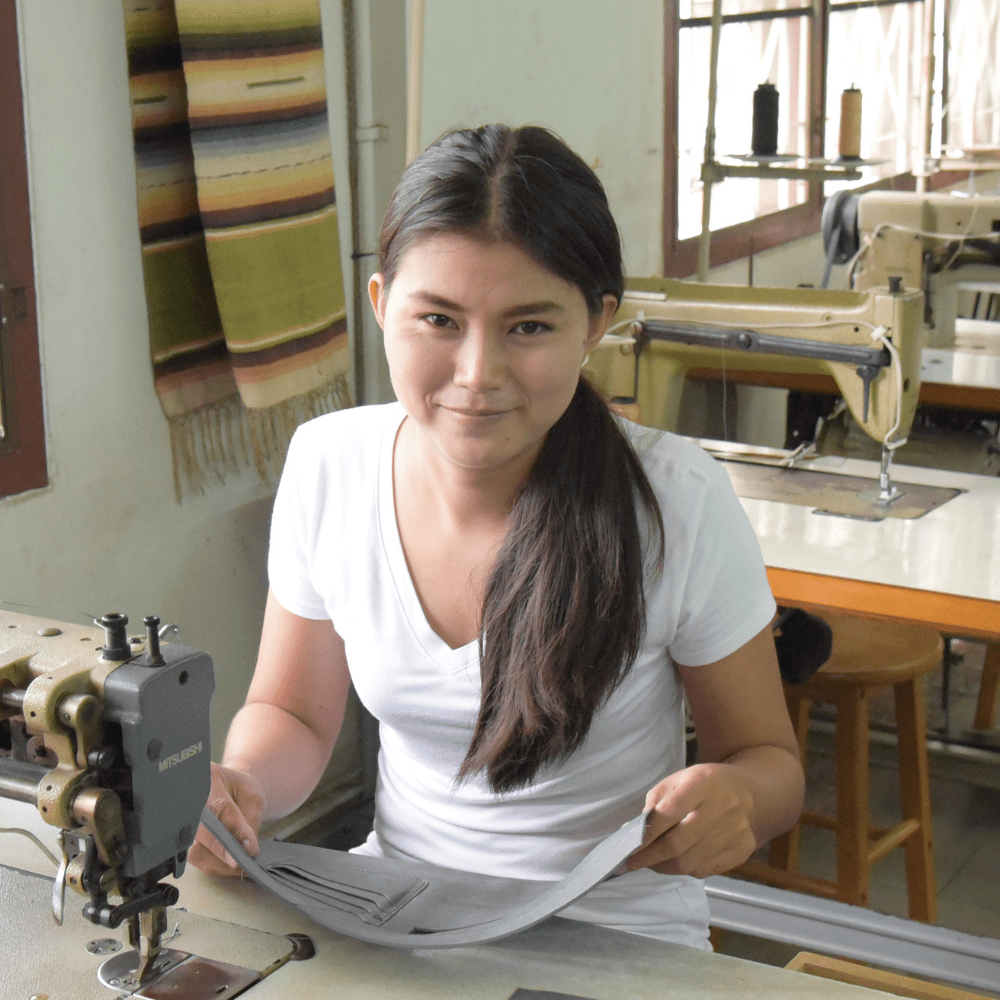
WORKPLACE WELLNESS
In addition to flexible work schedules and regular consultation, Sapahn promotes workplace wellness in deliberate ways. In many instances, we don’t require artisans to work in a particular factory or shop. They are free to work from home and come to the collective workspace only when they want or need. Without compromising safety or quality standards, we want artisans to be as comfortable as possible — and many of them choose to work outdoors. Sapahn avoids pushing or pressuring our artisans. We strive to accommodate artisans’ time and capacity when planning order sizes and deadlines. This includes recognizing that many artisans work in farming communities and may need to step away from their craft during certain stretches. We respect all of this and take responsibility to plan and operate accordingly.
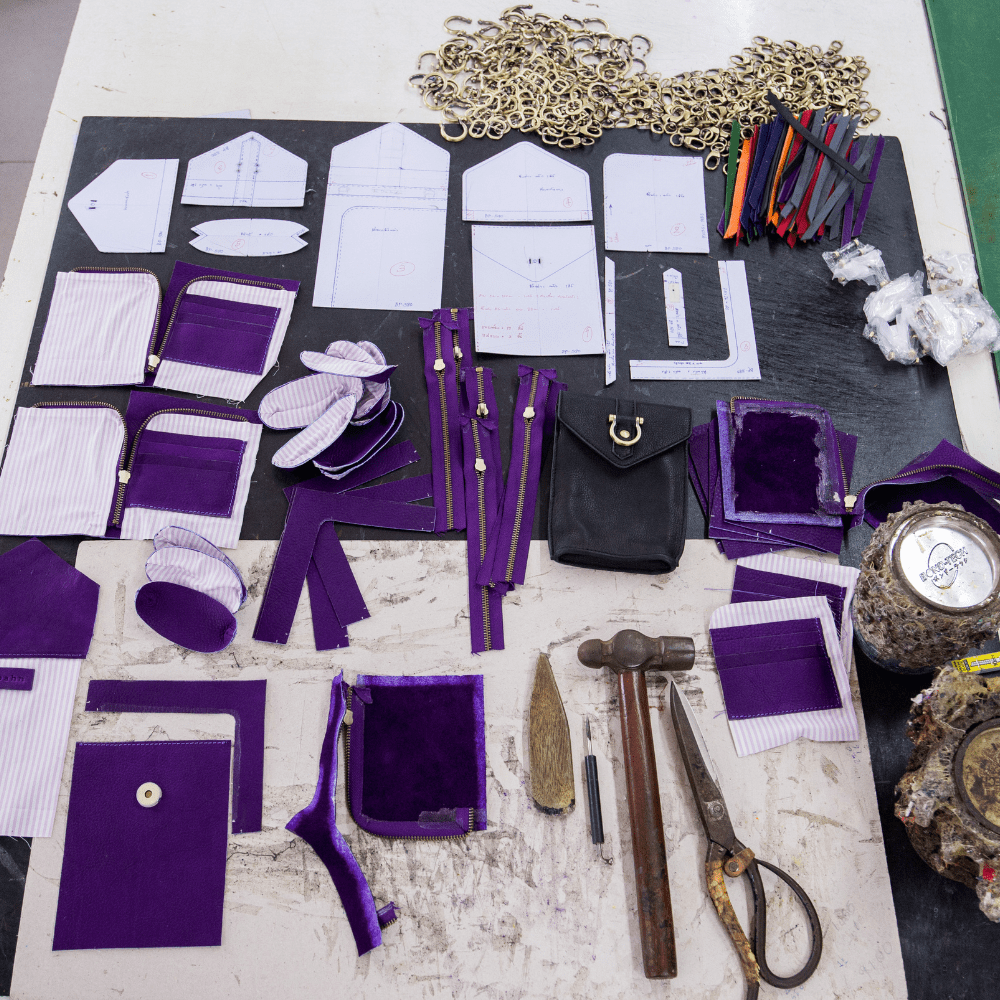
OCCUPATIONAL HEALTH
Many of our artisans work with raw materials and methods that could be harmful if not handled properly. We regularly check in with artisans and consult with engineers to help ensure adherence with industry protocols. In many instances, we have supplied protective masks and other technologies to help safeguard the health of our artisans.
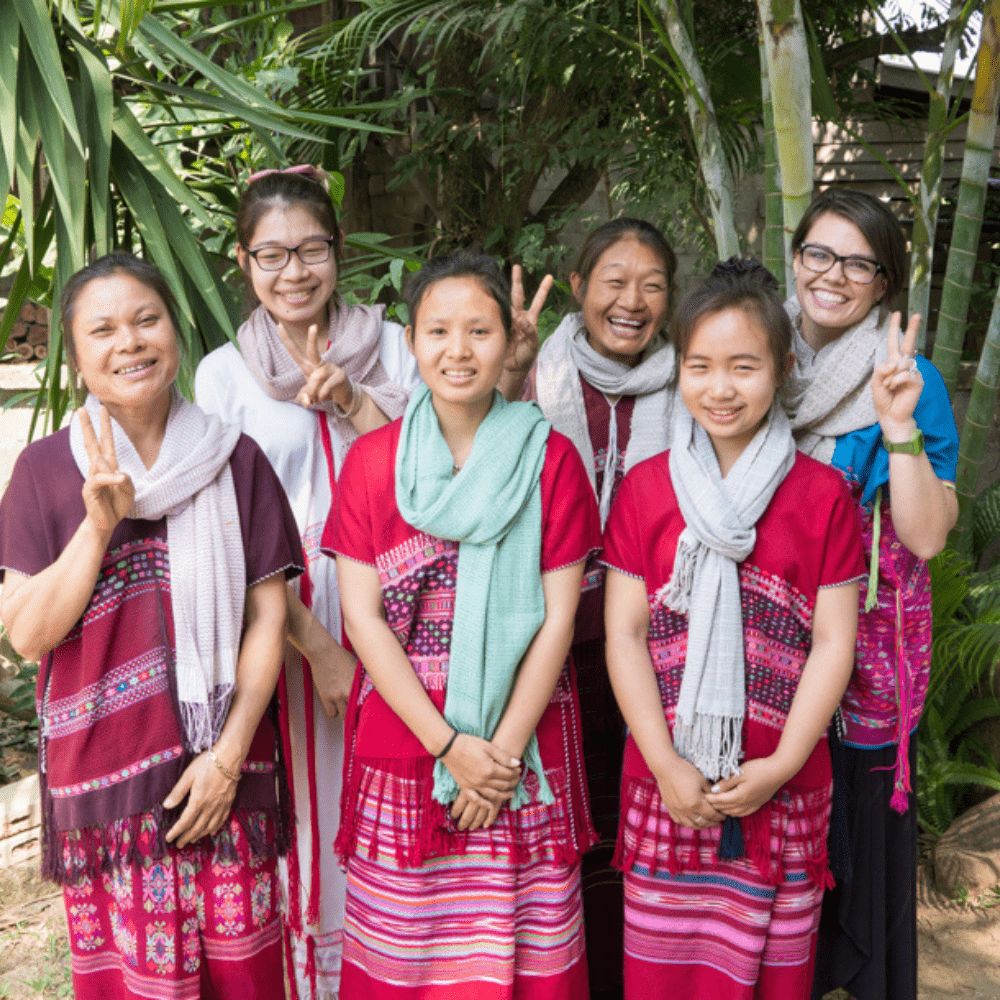
ENVIRONMENTAL PROTECTION
Sapahn, like all fashion brands, has an inevitable impact on the environment. We aim to ensure that our footprint is as small as possible. Many of our products are chemical free. But we recognize that many is not enough. We’re working to reduce our use of chemicals and achieve an entirely natural future for Sapahn. We are also working with our artisans and suppliers to improve environmental practices throughout Sapahn’s supply chain.
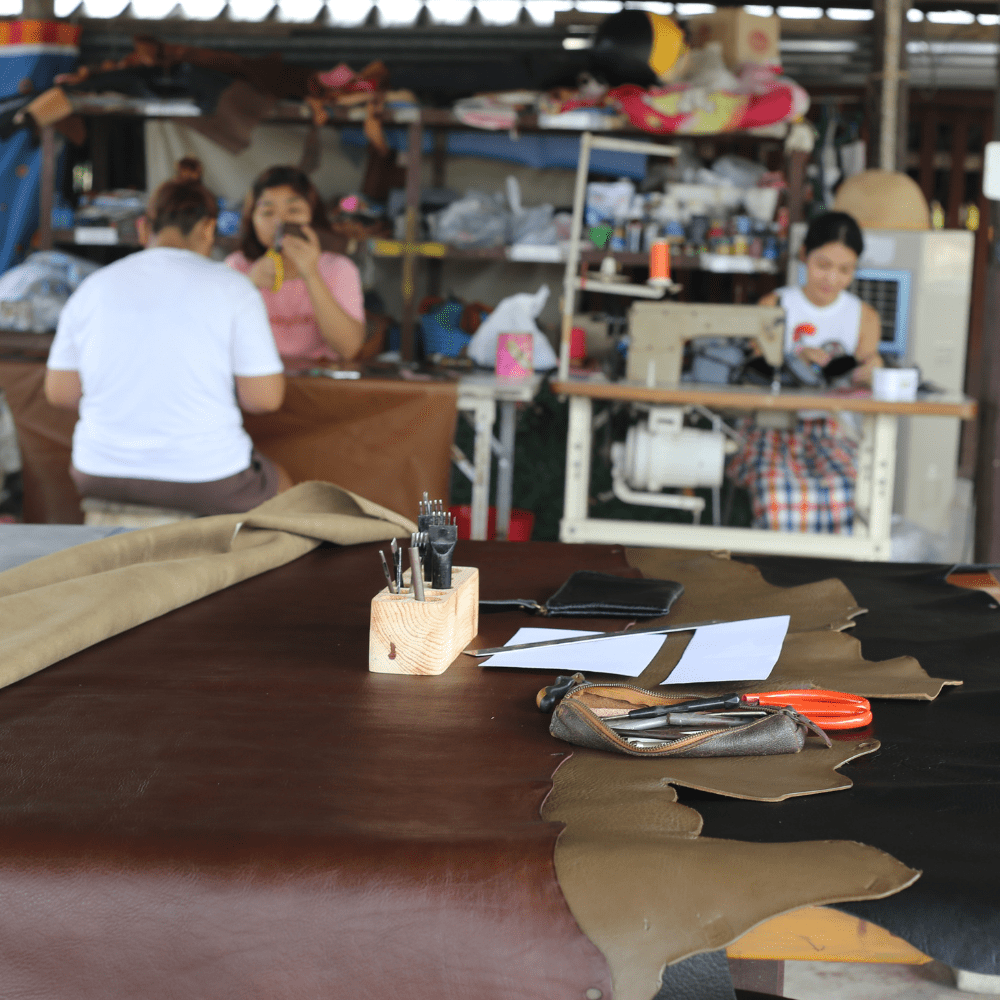
SOURCING AWARENESS
Our commitment to human rights does not end with our artisans. We also believe Sapahn customers have a right to know how our pieces are made—including who took part in production and how we ensure those individuals’ well-being. This is what Sapahn is all about: knowing that your beautiful things do beautiful things.
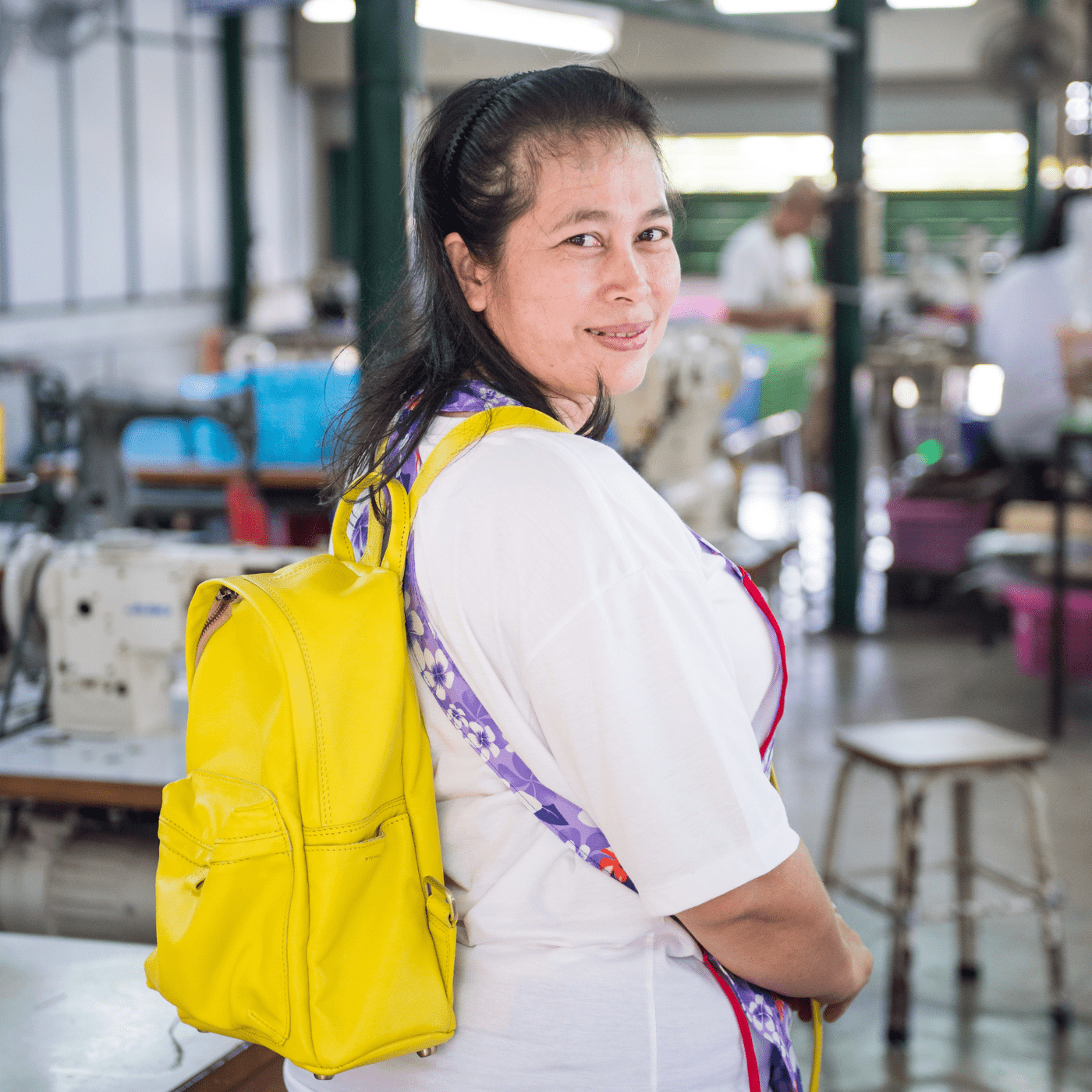
FAIR PRICING
We will never sacrifice the quality of our materials or protocols. We will not cut corners in an attempt to cut costs. At the same time, we constantly strive to give Sapahn customers fair pricing based on industry standards.
Human rights are not an accessory
When you carry a Sapahn, you help advance the rights of ALL people.

